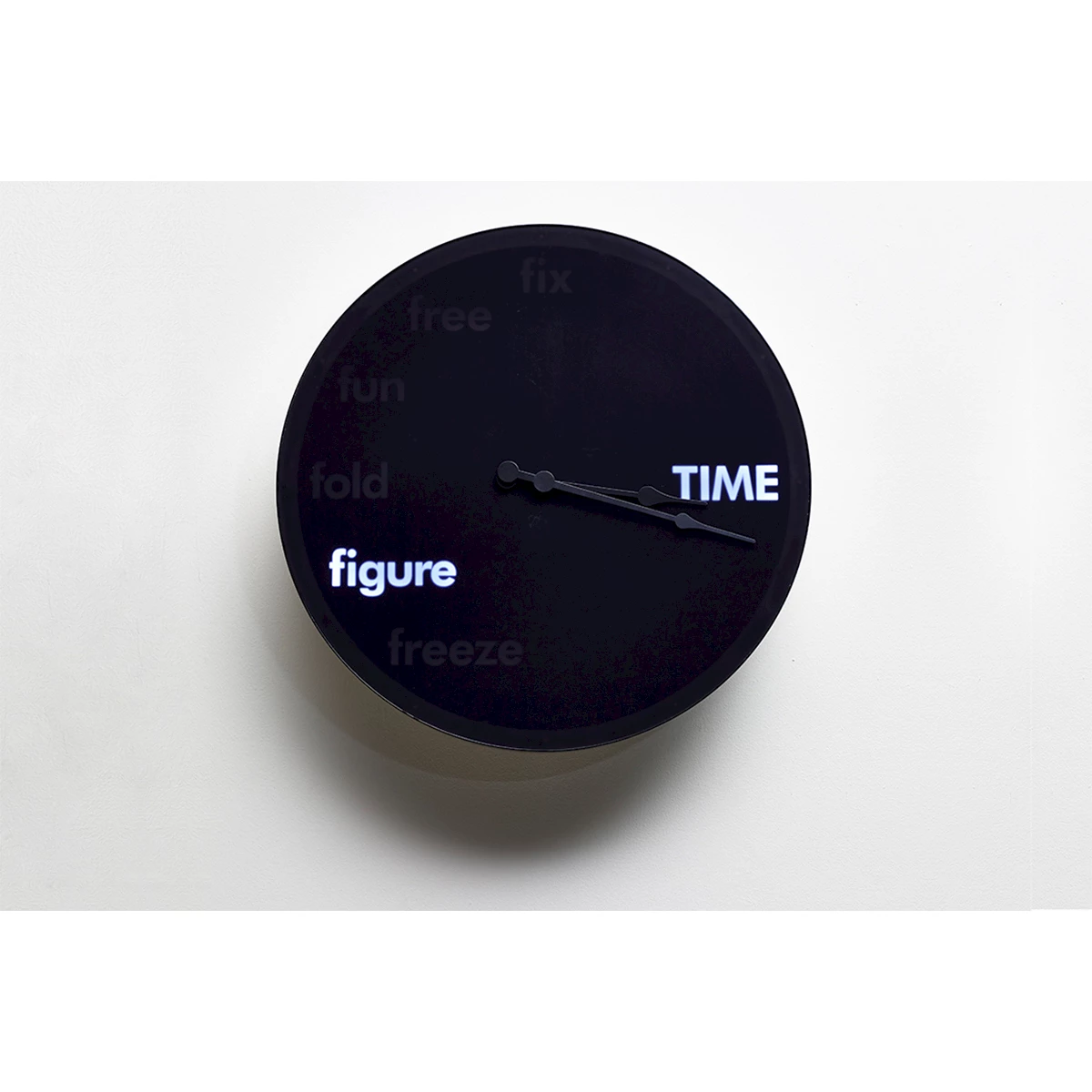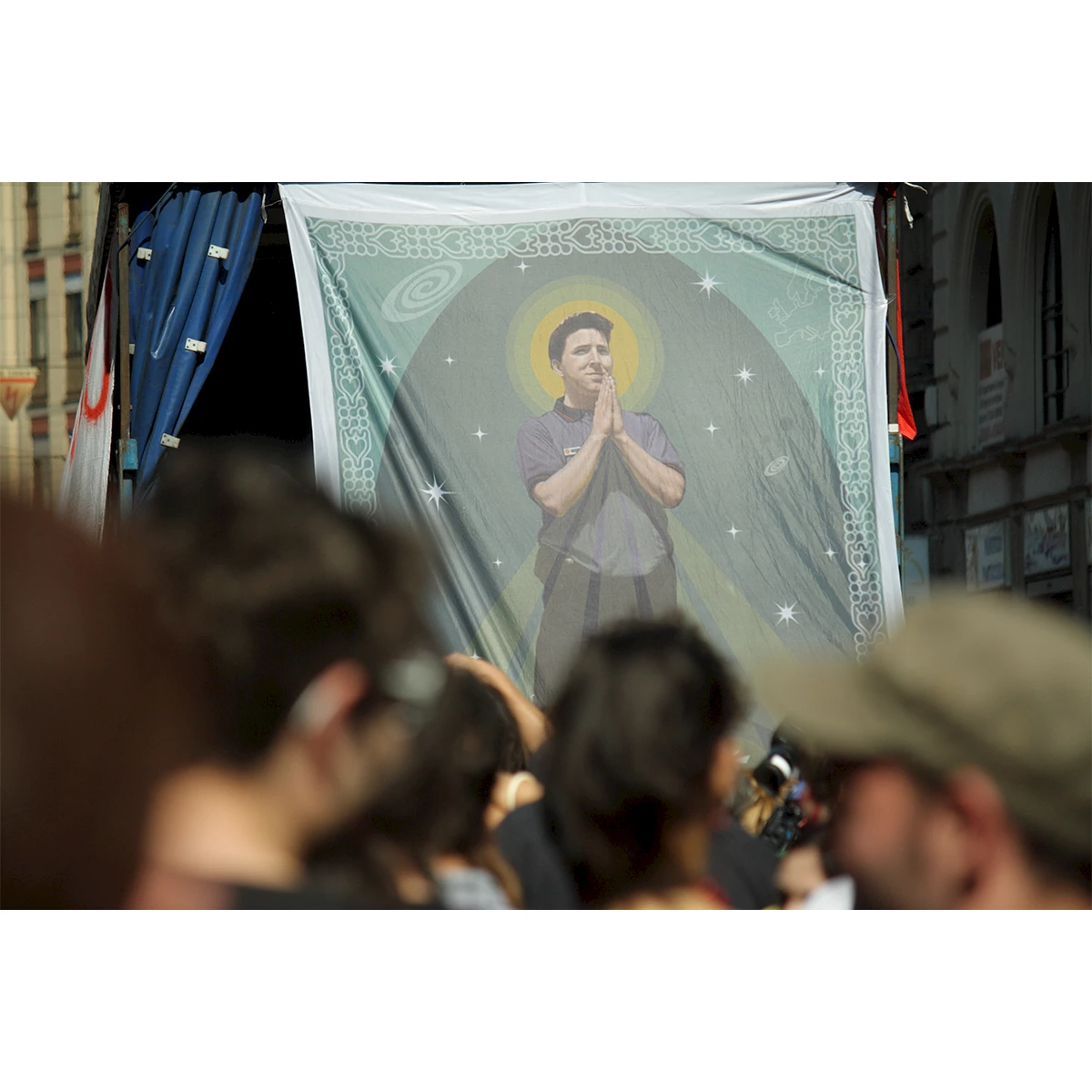Editors’ Picks: Ezgi Yurteri
As part of a series, members of L’Internationale Online editorial board revisit the archive of the platform, selecting contributions that resonate for them, their practice and the Museum of the Commons project. Here, Ezgi Yurteri turns to contributions by Nataša Petrešin-Bachelez, Monica Narula, and Corina Oprea, Kuba Szreder and Bojana Piškur to consider the systemic contradictions inherent in the political economy of contemporary art.
As the confederation of L’Internationale begins a new term with the Museum of the Commons, I’ve returned to a series of texts reflecting on how cultural organisations function as sites of (un)learning together and what are the situations, conditions, or conditionings they (re)produce. In a conversation, Nataša Petrešin-Bachelez, Monica Narula, and Corina Oprea raise questions around the infrastructures of art ecosystems, inequalities they reveal, and how these have shifted since the pandemic. As they unpack the idea of degrowth as an intersectional and interdependent concept, Petrešin-Bachelez elaborates on the “responsibility of bringing the concept into the method of working”, while Narula points to a distinction between the notions of austerity and frugality and how they relate to the question of sustainability, (over)production, and distribution of resources, both material and immaterial. Looking into the systemic contradictions inherent to the political economy of contemporary art, Kuba Szreder addresses the rise of authoritarian regimes based on censorship, states of exception, and measures of control and emphasises a corresponding need for a fundamental reconfiguration of public infrastructures and modes of production. In another text, Bojana Piškur reflects on transversal forms of solidarity that promote alternative routes of cultural exchange through the history and legacies of the Non-Aligned Movement of the 1970s. Drawing from a selection of cases, this account, among many others, shows how cultural formations and social movements can learn from and nurture one another and connect to a wider web of significance.
Nataša Petrešin-Bachelez, Corina Oprea, Monica Narula, ‘Where Are We Going? – Degrowth and Arts Ecosystem’, 2021
Kuba Szreder, ‘Independence Always Proceeds from Interdependence: A Reflection on the Conditions of the Artistic Precariat and the Art Institution in Times of Covid-19’, 2020
Bojana Piškur, ‘Solidarity in Arts and Culture. Some cases from the Non-Aligned Movement’, 2016
Ezgi Yurteri has been a member of the editorial board for L’Internationale Online since 2022. She is the editor of Salt in Istanbul.

Raqs Media Collective, The Ecliptic, 2014.

La Biennale di Venezia, Annuario 1975 / Eventi del 1974.

San Precario. Image: Samuele Ghilardi (CC BY NC ND).
Related contributions and publications
-
Editors’ Picks: Nick Aikens
Nick AikensEditors' Picks -
Editors’ Picks: Ezgi Yurteri
Ezgi YurteriEditors' Picks -
Editors’ Picks: Eric Otieno Sumba
Eric Otieno SumbaEditors' Picks -
Editors’ Picks: Cathryn Klasto
Cathryn KlastoEditors' Picks -
Editors’ Picks: Jasna Jakšić
Jasna JakšićEditors' Picks -
Editors’ Picks: Yolande Zola Zoli van der Heide
Yolande Zola Zoli van der HeideEditors' Picks -
Editors’ Picks: Fran MM Cabeza de Vaca
Fran MM Cabeza de VacaEditors' Picks -
Editors’ Picks: Declan Long
Declan LongEditors' Picks